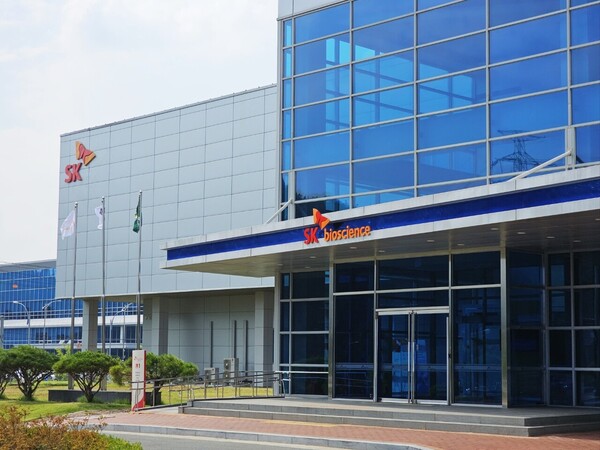SK bioscience and Sanofi announced that the Australian Human Research Ethics Committee (HREC) has approved their Investigative New Drug (IND) application for a phase 3 clinical trial of GBP410 (SP0202 in Sanofi's project name), a 21-valent pneumococcal protein conjugate vaccine candidate.

It was the first approval of the GBP410 multinational phase 3 trial. SK bioscience and Sanofi also plan to conduct the trial in the U.S., Europe, South Korea, and Honduras by winning their phase 3 IND approval.
The global phase 3 trial will evaluate the immunogenicity and safety of GBP410 after up to four doses (three baseline doses and one booster dose) in about 8,000 healthy infants, children, and adolescents aged six weeks to 17 years.
The two companies plan to complete the global phase 3 study in 2027 and file for marketing authorization with the U.S. Food and Drug Administration (FDA) and the European Medicines Agency (EMA).
GBP410 is a protein-conjugate vaccine candidate made by conjugating specific proteins to the pneumococcal coat polysaccharide that causes pneumonia and invasive disease. The protein conjugate approach is more immunogenic, resulting in a higher T-cell immune response, and therefore more protective than polysaccharide vaccines.
GBP410 contains 21 serotypes, the most of any pediatric vaccine developed to date. When commercialized, GBP410 is expected to provide 5-7 percent greater protection against invasive pneumococcal disease (IPD) than a 20-valent vaccine. Currently, the only 20-valent vaccine available overseas is Pfizer's Prevnar 20.
SK bioscience and Sanofi demonstrated equivalent immunogenicity of GBP410 in a phase 2 study with Pfizer's 13-valent protein-conjugate pneumococcal vaccine, Prevnar 13, as a control vaccine. No serious vaccine-related adverse events were reported in the GBP410 vaccination arm.
Equivalent immunogenicity and safety were also demonstrated when co-administered with recommended vaccines for infants and children, including tetanus, diphtheria, pertussis, polio, and Haemophilus influenzae type b (Hib) vaccines.
In preparation for the commercialization of GBP410, SK bioscience started expanding its vaccine factory “L House” in Andong, North Gyeongsang Province in March. The vaccine production wing in L-House was raised from the first floor to the third floor, creating a new space of about 4,200 square meters (1,300 pyong).
The pneumococcal vaccine market is expected to grow from 10 trillion won ($7.2 billion) in 2022 to 12 trillion won in 2028, with an annual average growth rate of 8.21 percent, according to the global pharmaceutical statistics agency Evaluate Pharma.
"Having already secured successful phase 2 results, we are confident that phase 3 will also be successful," SK bioscience CEO Ahn Jae-yong said. "We will actively collaborate with Sanofi to bring the blockbuster vaccine developed in Korea to the world and position SK bioscience to grow into a global vaccine company."
Meanwhile, the U.S. Food and Drug Administration (FDA) recently approved MSD's 21-valent pneumococcal vaccine Capvaxive for adults.
Related articles
- SK bioscience integrates AI into vaccine R&D for enhanced efficiency
- SK bioscience paves way for exporting SKY Cellflu to southern hemisphere
- SK bioscience celebrates a decade of collaboration with Sanofi through expansion of vaccine plant
- SK bioscience gets WHO Pre-Qualification for typhoid conjugate vaccine
- SK bioscience moves up one notch in MSCI’s ESG rating
- SK bioscience to acquire German CDMO to boost global vaccine production
- SK bioscience invests $2 mil. in US biotech Sunflower Therapeutics
- SK bioscience invests $3 mil. to acquire stake in US R&D firm Fina Biosolutions

